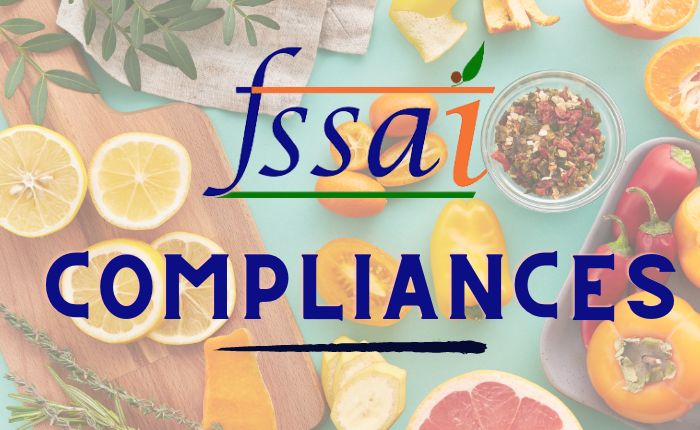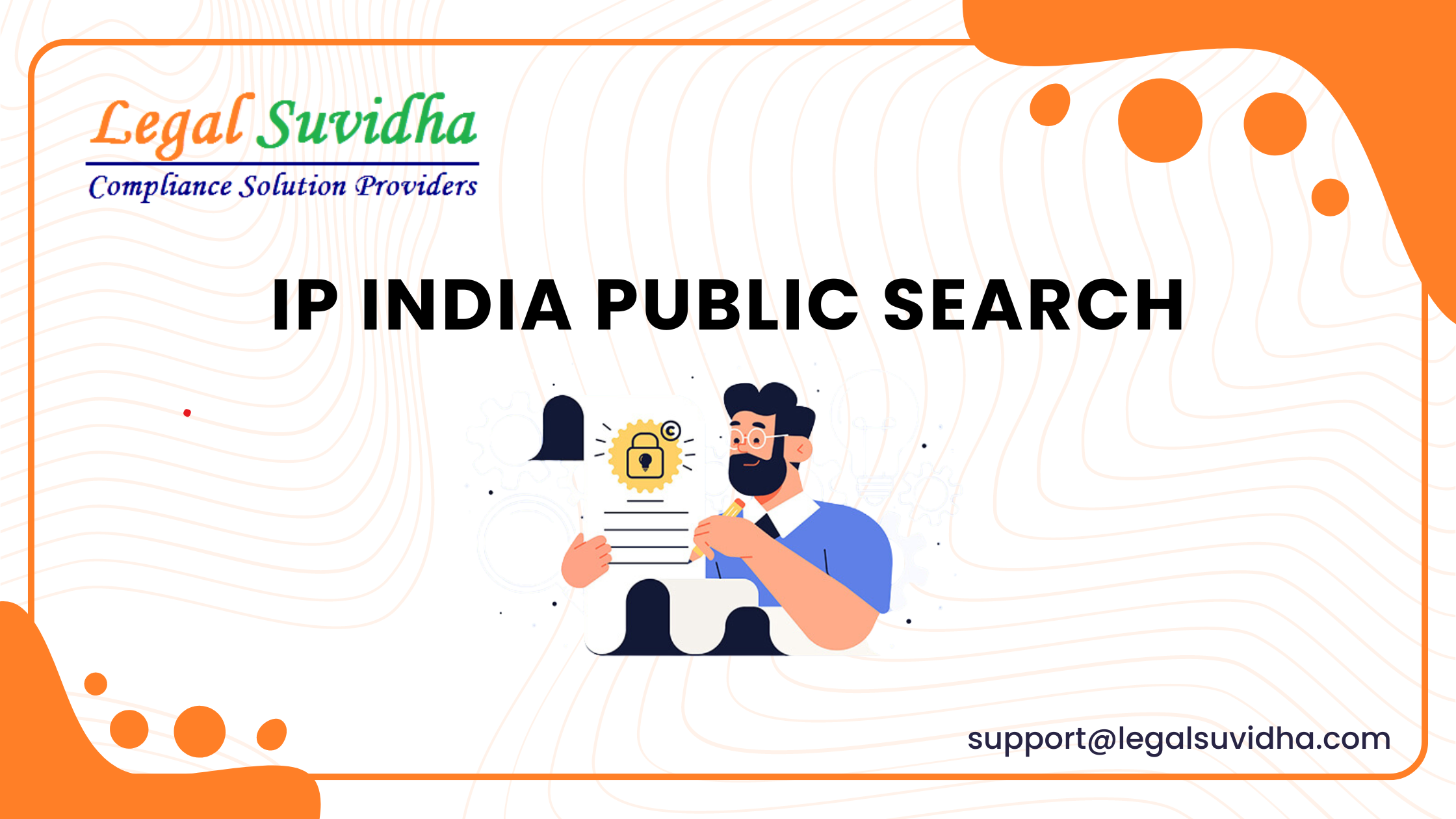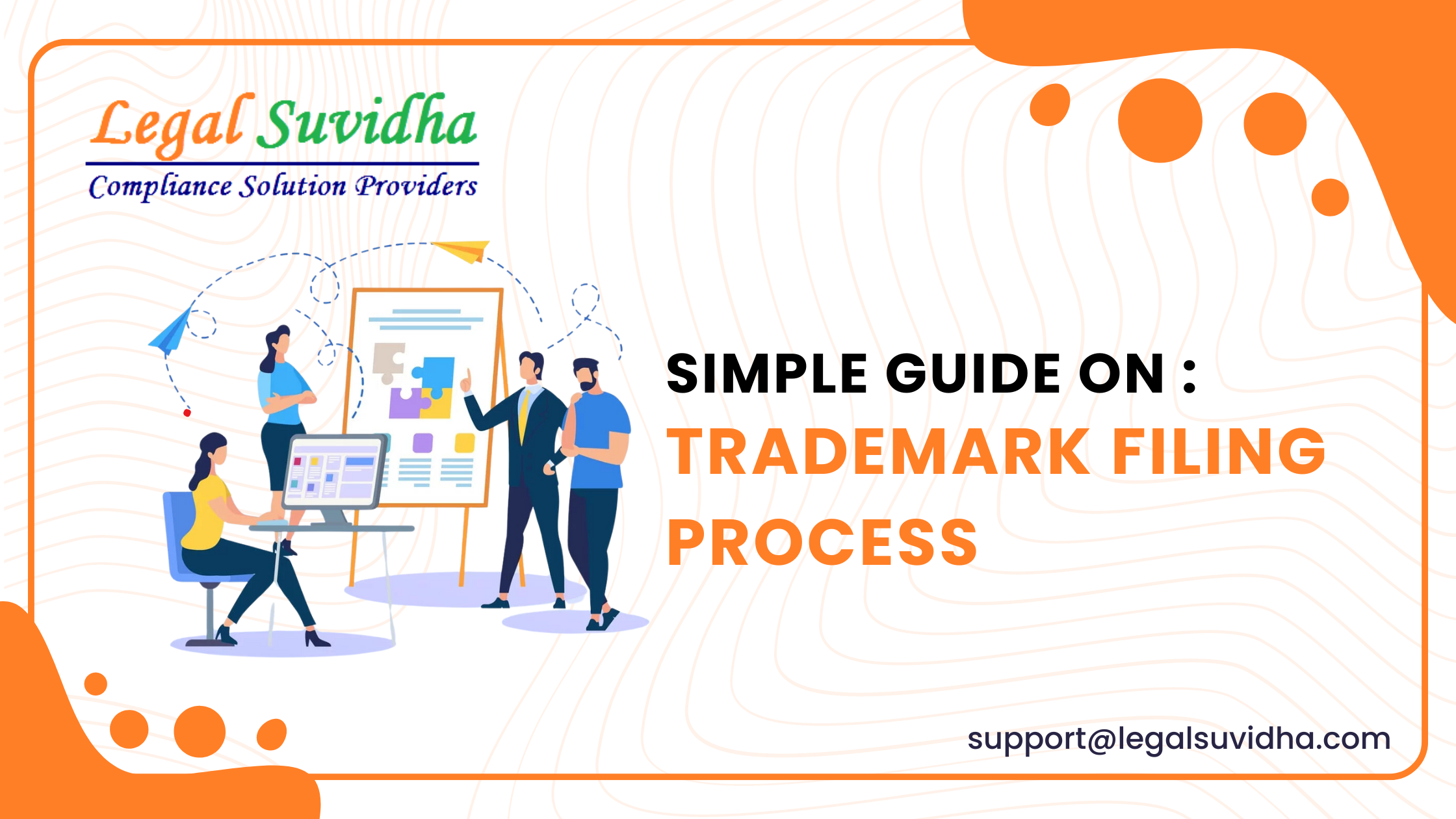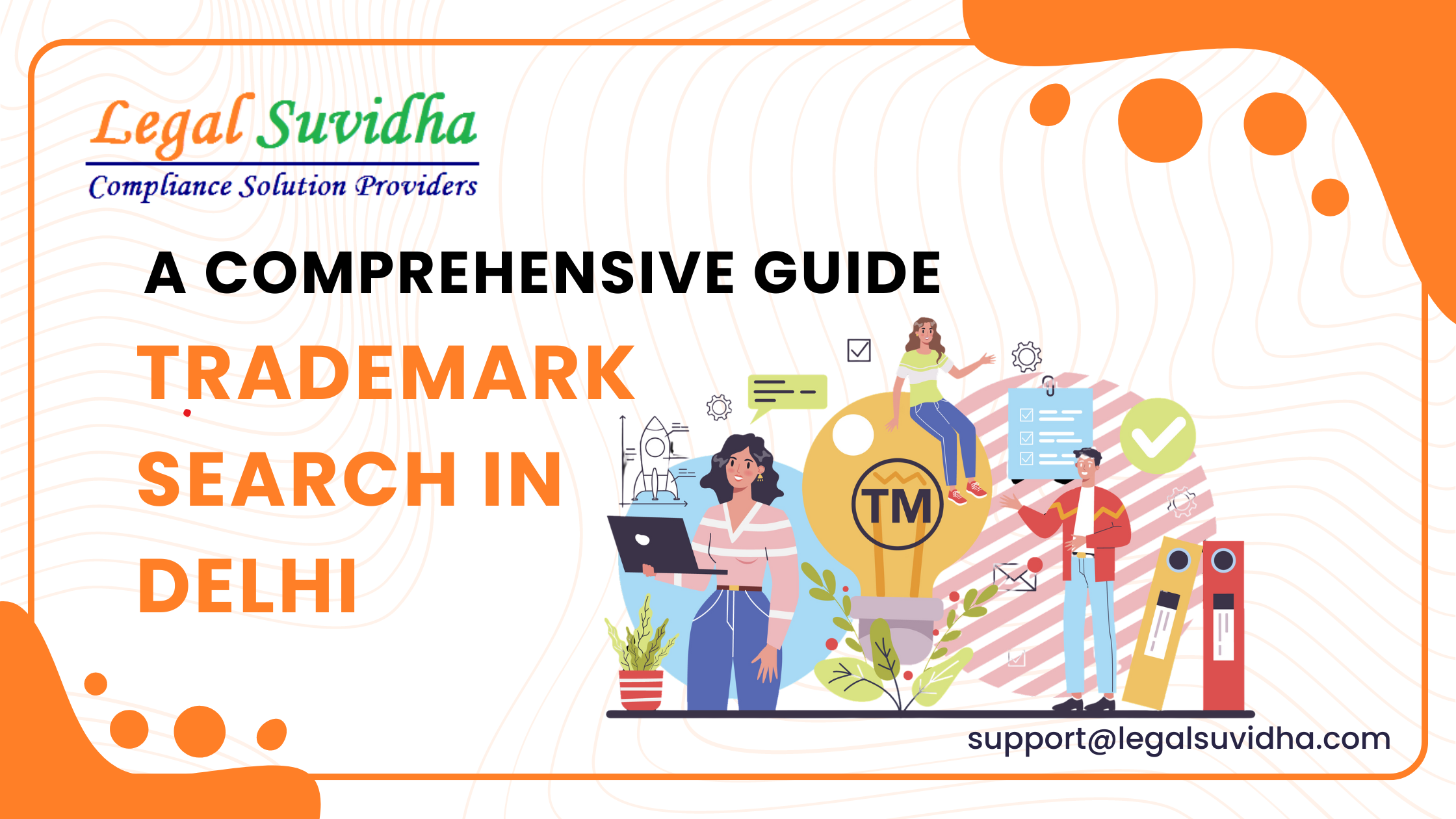What is FSSAI Compliance
FSSAI compliance refers to adhering to the regulations and guidelines set by the Food Safety and Standards Authority of India (FSSAI) to ensure that food products are safe and of good quality for consumption. FSSAI compliance involves obtaining a food license, adhering to food safety and labeling standards, maintaining proper hygiene and sanitation in food processing and handling, and undergoing regular inspections and audits to ensure compliance with FSSAI regulations. Compliance with FSSAI regulations is essential for food businesses in India to operate legally and ensure the safety and well-being of their consumers.
Why FSSAI Compliance Is Important
FSSAI compliance or food product compliance is crucial because it ensures that the food products are safe and of good quality for consumption. FSSAI guidelines and regulations are designed to protect consumers from the risks associated with unsafe and poor-quality food. Compliance with FSSAI regulations helps food businesses in India to establish consumer trust, promote their brand reputation, and avoid legal consequences.
- Non-compliance with FSSAI regulations can result in penalties, fines, and even the closure of the business.
- Moreover, consuming unsafe or poor-quality food products can lead to health issues, ranging from minor illnesses to severe health complications.
- Compliance with FSSAI regulations helps to prevent such health risks and ensures that the food products meet the required standards of hygiene, safety, and quality.
- Overall, FSSAI compliance is essential for ensuring the well-being of consumers and promoting the growth of the food industry in India.
Essential Tips
The Food business operator should keep a few points in mind for the ease of ensuring product compliance which include:
- clearly listing all the components and additions
- ensuring that all products adhere to the FSSAI’s quality and regulatory requirements
- The Food Safety and Standards (Labelling and Display) Regulations, 2020 should be followed when labelling food products.
- On the label, the substances and additives in the product should be listed together with their appropriate dosages. Also, the ingredients and additives must adhere to the rules established for the quantity requirements for the various categories.
- The modifications to the formulation or labelling must be acceptable.
- If a product is launched in the market that is not compliant, applicants may be given show-cause notices or even punished.
Objective of FSSAI Compliance
- The main objective of FSSAI compliance is to ensure the safety and quality of food products for consumption by the public.
- The Food Safety and Standards Authority of India (FSSAI) has established regulations and guidelines for food businesses to follow to ensure that their products are safe, hygienic, and of good quality.
- By enforcing FSSAI compliance, the government aims to protect public health and prevent foodborne illnesses caused by the consumption of unsafe or poor-quality food.
- FSSAI compliance also promotes fair trade practices in the food industry and encourages the use of good manufacturing practices (GMP) and good hygiene practices (GHP) to prevent contamination and maintain the quality of food products.
- Another objective of FSSAI compliance is to establish consumer trust and promote the growth of the food industry in India.
- Compliance with FSSAI regulations helps food businesses to build their brand reputation, expand their consumer base, and remain competitive in the market.
Overall, the objective of FSSAI compliance is to ensure that food products in India are safe and of good quality, benefiting both the consumers and the food industry.
Requirements For Food Business Operator
Food Business Operators (FBOs) in India are required to comply with a set of requirements to ensure the safety and quality of their food products. These requirements include:
- Obtaining a Food License: FBOs are required to obtain a food license from the FSSAI, depending on the size and type of their business.
- Compliance with Food Safety and Labeling Standards: FBOs must comply with the food safety and labeling standards set by the FSSAI, which includes maintaining proper hygiene and sanitation practices, using only approved food additives and ingredients, and ensuring that the labeling and packaging of their products are accurate and meet the requirements.
- Implementing Good Manufacturing Practices (GMP) and Good Hygiene Practices (GHP): FBOs must follow GMP and GHP to ensure that their products are manufactured, stored, and transported under hygienic conditions to prevent contamination and ensure product quality.
- Regular Inspection and Audit: FBOs are subject to regular inspections and audits by the FSSAI to ensure that they comply with the regulations and guidelines set by the authority.
- Training and Awareness: FBOs must provide training to their employees to ensure that they are aware of the importance of food safety and hygiene practices.
Overall, compliance with these universal requirements is essential for FBOs in India to operate legally, ensure the safety and quality of their food products, and build consumer trust.
Penalties for non-compliance Under FSSAI
| Serial No. | Particulars | Fine |
|---|---|---|
| 1 | Food quality not in compliance with act | 2 Lakh Petty manufacturer -25000/- |
| 2 | Sub-standard food | 5 Lakh |
| 3 | Misbranded food | 3 Lakh |
| 4 | Misleading advertisement or wrong description | 10 Lakh |
| 5 | Extraneous matter in food | 1 Lakh |
| 6 | Failure to comply with food safety officer | 2 Lakh |
| 7 | Unhygienic processing | 1 Lakh |
List of Offences And Penalties That Can Be Punished Under FSSAI Compliance
The following are some of the punishable offences and penalties under FSSAI compliance in India:
- Selling substandard or misbranded food products: FBOs who sell food products that are of poor quality or misbranded can face a penalty of up to Rs. 2 lakh.
- Manufacturing or selling food products that are unsafe for consumption: FBOs who manufacture or sell food products that are unsafe for consumption can face a penalty of up to Rs. 10 lakh.
- Failing to obtain a food license:FBOs who fail to obtain a food license can face a penalty of up to Rs. 5 lakh.
- Failing to comply with food safety and labeling standards: FBOs who fail to comply with food safety and labeling standards set by the FSSAI can face a penalty of up to Rs. 3 lakh.
- Failing to implement GMP and GHP: FBOs who fail to implement GMP and GHP can face a penalty of up to Rs. 1 lakh.
- Adulteration of food products: FBOs who adulterate food products with harmful substances can face imprisonment of up to six months and a fine of up to Rs. 1 lakh.
- Obstructing an FSSAI official from performing their duties: FBOs who obstruct an FSSAI official from performing their duties can face imprisonment of up to three months and a fine of up to Rs. 2 lakh.
These penalties are in addition to any other legal action that may be taken against the FBOs, such as suspension or cancellation of their food license. Therefore, it is crucial for FBOs in India to comply with the FSSAI regulations to avoid penalties and legal consequences.









